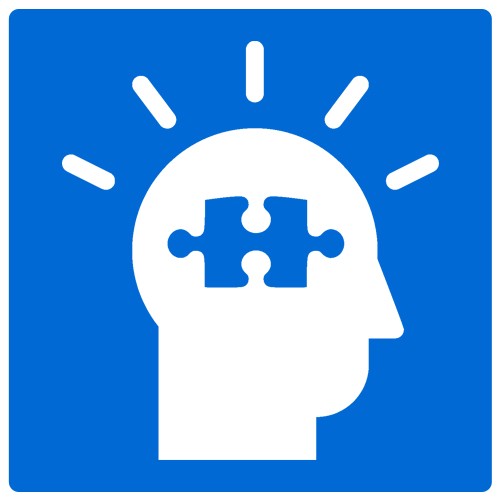Participate
Our Research
Our lab studies the developmental and biological foundations of thinking about yourself and other people, processing emotions, motivation, decision-making, and self-regulation.
The overarching goal of our work is to understand the brain systems that support healthy socioemotional development from childhood through adolescence into adulthood.
Join Our Participant Database
Interested in participating in a study? We maintain a database of potential participants that will be contacted when studies are recruiting and we’d love to add you!
Active Studies – Now Recruiting!

Freshman Project
Ages: 17-19
Population: Male & Female Incoming UO Freshmen
The transition to college is a time of major social and emotional changes, and is associated with concurrent changes in health and well-being. This project is a one-year longitudinal study investigating how brain activity relates to health and well-being during freshman year.
Recently Completed and Ongoing Longitudinal Studies
 Transitions in Adolescent Girls Study
Transitions in Adolescent Girls Study
Ages: 10-12 (sixth grade)
Population: Females
The transition from childhood to adolescence is a time of many significant changes – the end of elementary school and the start of middle school, growing brains and bodies that are going through puberty, and big changes in relationships with family and friends. We study how these changes are interconnected, by measuring the ways girls’ bodies and brains change during puberty, and relating these biological changes to self-esteem, motivation, thinking, friendships, emotions, and well-being.
 Teen Decisions Study
Teen Decisions Study
Ages: 11-17
Population: Males & Females
Take a risk? Play it safe? Our lab studies these important topics by investigating the effects of social contexts on decision-making in adolescents from the community and those with a background of significant early adversity.
Previous Studies – (Archived)
 Self-Disclosure Study
Self-Disclosure Study
Ages: 15-17
Population: Males & Females
The recent surge of social media like Facebook has revolutionized the way we share information about ourselves with other people. In this study, our lab investigates various forms of self-disclosure and their effects on healthy psychological and social development during adolescence.

Thinking About Others
Ages: 11-17
Population: Males With and Without Autism Spectrum Disorder
Peer relationships are particularly important during adolescence. However, the ability to relate to peers may pose special challenges for teens with autism. In this study, we explore how brain development and hormone levels influence how teens with and without autism think about others.
 Emotion Labeling Study
Emotion Labeling Study
Ages: 8-17
Population: Females
Putting feelings into words can profoundly shape how emotions affect us. In this study, we examined brain activity changes linked to labeling emotional expressions with words like “sad” or “happy” versus just looking at emotional expressions.
Thinking About Yourself
Ages: 8-17
Population: Males & Females
Adolescence is an important time for figuring out who you are. Changes in school, friends, and physical development all affect self-perceptions. In this study, we investigate how kids and teens view themselves, and how self-evaluations vary as a function of social, cognitive, and pubertal development.
Informational Resources
University of Oregon’s Lewis Center for Neuroimaging
What’s it like to get scanned at the Lewis Center for Neuroimaging? Watch the video below to find out!
How does fMRI work? Watch the video below for an animated introduction.

